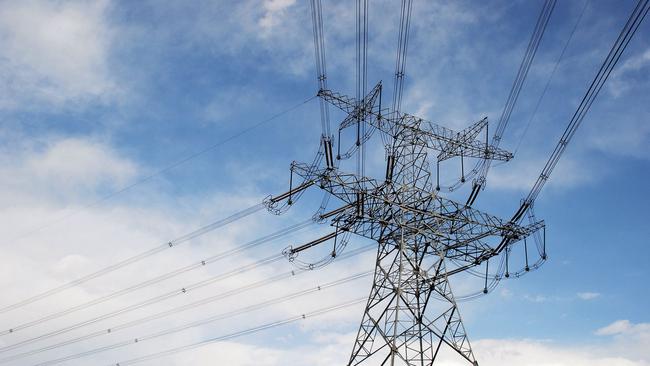Energy retail giants forced to explain huge price rises to ACCC inquiry
ENERGY retailers are being forced to hand over details of their profit margins to the consumer watchdog after massive price hikes this month.

- SPECIAL REPORT: All your energy questions explained
- More SA power customers to be hit with big price rises
- Jay Weatherill: Power plant won’t be ready by summer
- Power bills to be cut to 180,000 homes under bulk buy deal
ENERGY retailers are being forced to hand over details of their profit margins to the consumer watchdog after massive price hikes this month.
The Australian Competition and Consumer Commissioner has issued “extensive demands” for documents from retailers — including AGL, Origin and Energy Australia — as part of its inquiry into electricity prices.
Treasurer Scott Morrison commissioned the inquiry to scrutinise retailers’ behaviour and contracts being offered to households and businesses to make sure bills were not unfairly high.
ACCC Commissioner Roger Featherston will chair two forums in Adelaide on Monday as part of the inquiry to speak directly to customers about their concern on a range of topics including pricing, switching retailers and competition.
Currently, retailers’ profits and their cost of doing business has been unclear and some have argued increased competition in the energy market had perversely increased prices being offered to customers.
ACCC Commissioner Roger Featherston said the inquiry team was “quite confident” it would be able to reveal retailers’ profit margins for the first time.
“We triggered our statutory powers to be able to demand documents. We issued quite extensive demands for documents from retailers,” he said.
“Often we would ask for the voluntary supply of information ... (but) in view of the fairly tight timetable we have, we went straight to the statutory powers.”
Mr Featherston said the ACCC had followed up the demands with notices for retailers to comply.
While the profits of retailers was an important issue given recent price increases around the country of up to 20 per cent, he said the retail component of bills was small compared with the cost attributed to poles and wires (about 50 per cent).

“We are really focusing the inquiry on price increases in the last 10 years and the reasons for those. Are there causes that could be changed?” he said.
Mr Featherston said so far there appeared to be three key cost drivers: the privatisation of energy assets, the generous concessions paid to producers of solar power and the gold plating of poles and wires.
He said another line of inquiry was the impact of concentration of customers signing up with the Big Three — AGL, Origin and Energy Australia — which also owned a large proportion of generation assets.
The ACCC is holding two forums on Monday at the Rydges on South Tce — 1pm for businesses and 5pm for households. For more information, go to www.accc.gov.au
